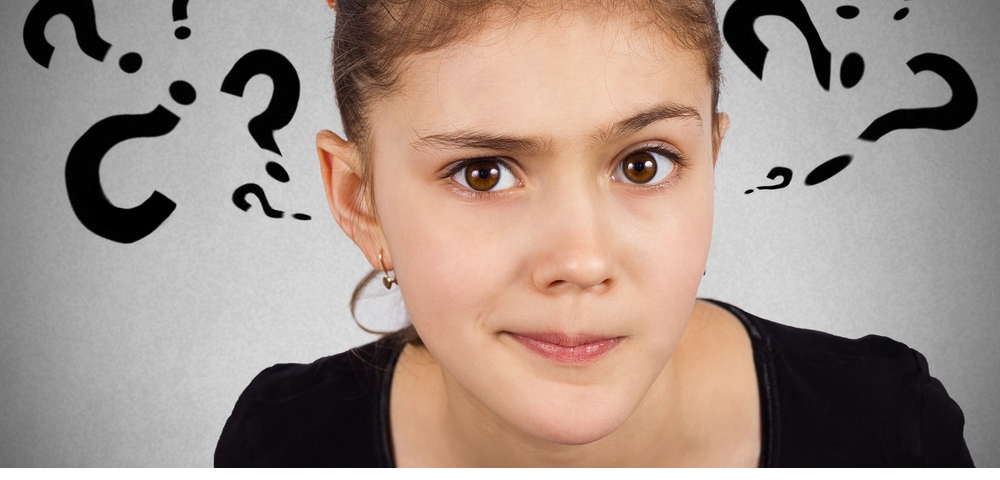By Minervation,
 The following scenarios have been developed and tested by Generation R YPAGs for use as educational resources.
The following scenarios have been developed and tested by Generation R YPAGs for use as educational resources.
The aim is to facilitate discussion of ethical issues amongst young people. They will be of interest to teachers as a classroom exercise, as well as those wanting to develop active engagement with young people in research.
A young person aged 14 doesn’t want to take part in a clinical trial on a new painkilling drug for arthritis, but his parents think it might help as he is always in pain.
Prompts for adults:
A clinical trial for children with brain tumours is showing good results with a large number of the children taking part showing signs of improvement and their tumours are getting smaller. However the children taking part are having lots of side effects such as sickness, dizziness and they cannot sleep. They want to stop taking part in the trial.
Prompts for adults:
The researchers are not convinced that a child (aged 9) is happy to take part in a clinical trial and that they have fully understood what might happen. They feel the parents might be pushing the child into taking part in the trial.
Prompts for the adults:
Some children and young people do not know they are taking part in a trial.
Prompts for adults:
During a six month trial of a medicine for children who are very sick, the researchers see drastic improvements in the children’s health and feel the medicine might save their lives. Some researchers in the team want to give this new medicine to the children who are taking the placebo (pretend medicine). Others in the team feel that they need to wait until they know more about the medicines and any side effects.
Prompts for adults: